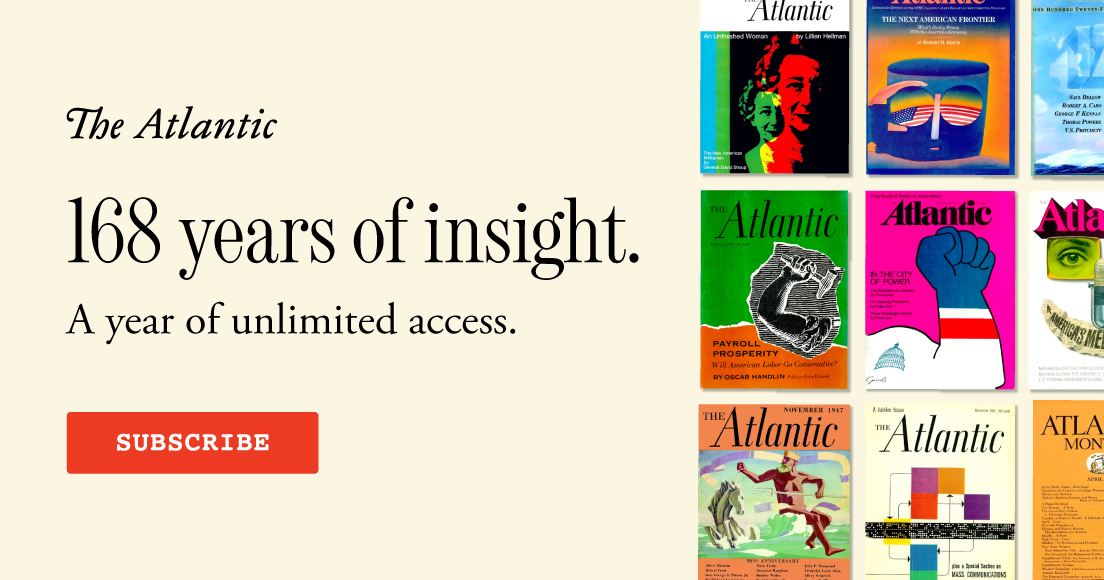“We finally meet,” Charlie Kirk said to me.
I’d come to a Phoenix hotel in September 2022 to see Kirk host a conference on the offenses of the “radical left.” I remember that he gripped my hand, unbuttoned his suit jacket, and then eyed the long table in the drab, airless meeting room where I’d sat waiting for him. “This is like a show trial,” he said.
Kirk wanted to debate, which was his stock-in-trade. By the time we met, I’d been reporting on him for several years—about his campaign tactics, his opposition to coronavirus-vaccine mandates, and his mission to remake American education—and he didn’t like my coverage. “We disagree,” he told me. But he was also disarming, appreciating that we shared Chicago roots and joking that my round, thin-rimmed glasses made me look “woke.” Maybe he saw me as a prospect for conversion. “So how do you view the world?” he asked me. I told him that my job as a reporter was figuring things out and explaining them to the public.
In that spirit, I want to explain a few things that I learned about Kirk that day. The interview was off the record. But last week, after Kirk’s assassination, his spokesperson told me that I could bring his words to the public. Over the course of an hour with me, Kirk reflected candidly on his priorities and—it’s strange to write this now—on his own legacy.
|




